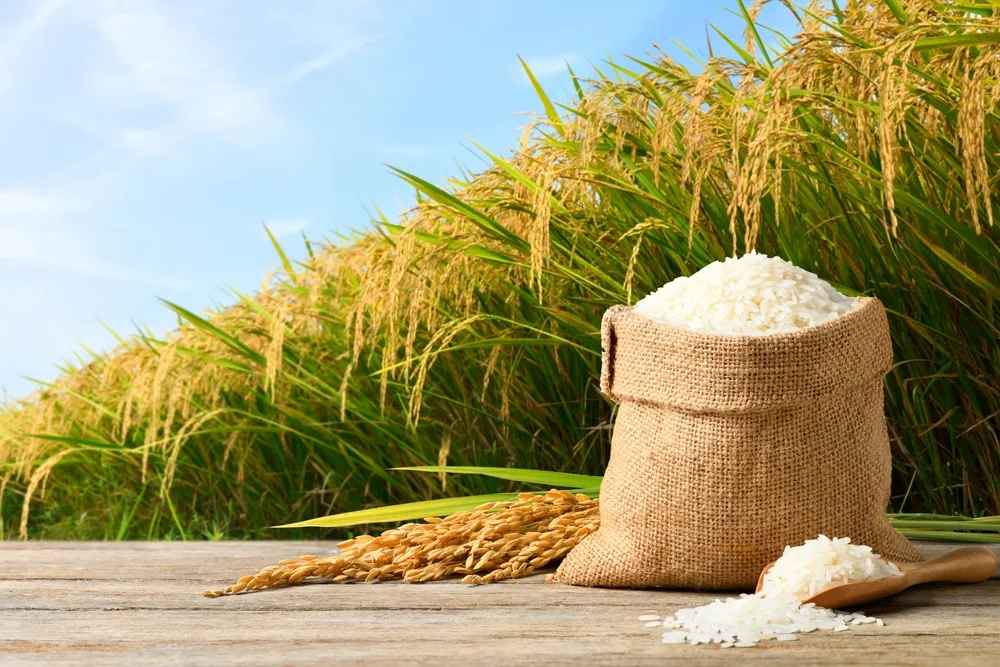How to Invest in Rice Stocks in India: Key Factors to Consider

One of the largest producers and exporters of rice in the world is India. Large agricultural areas and the ever-growing demand for rice are the crucial factors that make rice stocks a bet to invest in. Here you have tips that will ease you into deciding the title of your investment in rice stocks in India.
Understanding Rice Stocks
Rice futures are the shares of the companies which are related to rice farming, processing, trade, and export market. These companies are mainly divided into:
- Rice Producers – Companies engaged in large-scale rice farming and production.
- Rice Processors – Businesses that process raw rice into finished products such as packaged rice, rice flour, and rice-based snacks.
- Rice Exporters – Companies that export rice to international markets, especially basmati rice, which has high global demand.
Why Invest in Rice Stocks?
Investing in rice stocks can be beneficial due to the following reasons:
- High Demand – Rice is a staple food in India and many other countries, ensuring consistent demand.
- Government Support – Various government policies support the agricultural sector through subsidies and minimum support prices (MSP) for rice farmers.
- Export Potential – India is the world’s leading exporter of rice, particularly basmati rice, making it a lucrative industry.
- Resilience – Unlike other industries affected by economic downturns, agriculture-based industries like rice remain relatively stable.
Key Factors to Consider Before Investing
1. Company Performance
Plan a cautious action of examining the rice company’s financial statistics prior to spending your money. Scrutinize statistics like turnover growth, profits, and liabilities. It is the companies that maintain their profits and fundamental abilities that are the best alternatives when one decides to invest a small sum of money.
2. Market Trends and Demand
A robust demand for rice, be it in the international or domestic market, is one of the major factors affecting its growth. In order to determine the industry’s future outlook, it is advised to watch the consumption, export, and global policy trends related to rice.
3. Government Policies and Subsidies
The agricultural sector in India is closely regulated by the government. Continuous policy updates like MSP, export restrictions, and subsidies can affect the profitability of rice producers. Thus, regular monitoring of policy changes is a must.
4. Weather Conditions and Monsoon Impact
Rice cultivation is closely connected with monsoons and climate which are in turn a cause of the production change. Poor monsoons and harsh weather conditions are examples of anything that could go wrong in rice production and result in rice price changes.
5. Export and International Market Conditions
The economic performance of Indian rice exporters is significantly affected by international demand, trade agreements, and global competition. Investigate longstanding exporters of rice and their worldwide market power.
6. Competition and Market Position
Analyze the market position, brand value, and distribution network of the company as it stands against the competition. Usually, buying into the company that has a strong market position is regarded to be a less risky investment.
Top Rice Stocks in India
Here are some leading rice-related companies in India that investors should watch:
- KRBL Limited – One of India’s top basmati rice exporters.
- LT Foods – Known for the popular Daawat rice brand.
- Kohinoor Foods – A major player in the premium rice segment.
- Chaman Lal Setia Exports – A strong exporter of rice worldwide.
- GRM Overseas – Another key rice exporter with a growing market.
How to Invest in Rice Stocks?
1. Open a Demat and Trading Account
To buy rice stocks, you need a Demat and trading account with a registered stockbroker.
2. Research the Stocks
Use online platforms, financial news, and company reports to analyze potential stocks before investing.
3. Invest Through Stock Exchanges
Rice stocks are listed on major stock exchanges like NSE and BSE. You can buy shares through your trading account.
4. Diversify Your Portfolio
Do not invest all your money in a single stock. Spread your investment across different sectors to reduce risk.
5. Monitor and Review Your Investment
Stock markets fluctuate, so keep track of your investments and make adjustments as needed.
Risks Associated with Rice Stocks
While investing in rice stocks can be profitable, there are some risks to consider:
- Price Fluctuations – Rice prices can change due to demand-supply variations and government policies.
- Weather Uncertainty – Natural disasters and monsoon failures can impact production and stock prices.
- Regulatory Changes – Sudden government policy changes can affect the industry.
- Global Competition – International players and trade barriers can impact Indian rice exports.
Conclusion
Dabbling in rice shares in India is likely to render good profit if taken upon after thorough research and well-made trading plan. By a detailed investigation of company performance, market trends, government policies, and global demand, you can make worthy decisions about investing. Similar to every other stock investment, it is necessary to be up-to-date, diversify your investment portfolio, and observe the market for alterations.
If you are new to investing or need expert guidance, consider consulting a financial advisor before making investment decisions. Happy investing! 🚀
Read Also this blog: Crypto Banking and CrossChain Payments: The Future of Finance






